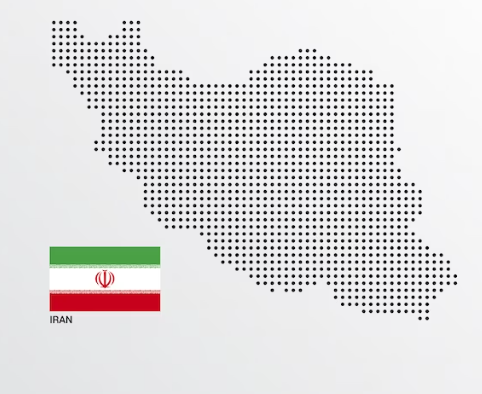$USO $NOC $BTC
#Iran #NuclearEnergy #GlobalMarkets #Geopolitics #Sanctions #OilPrices #EnergySector #MiddleEast #Cryptocurrency #DefenseStocks #UN #EconomicPolicy
Iranian Foreign Minister Abbas Araqchi disclosed that Tehran might reconsider its nuclear strategy and pursue the creation of a nuclear weapon if United Nations sanctions were reinstated against the nation. Speaking in Lisbon, Portugal, Araqchi highlighted that while Iran possesses the technical expertise to develop such weapons, doing so has historically fallen outside its security agenda. His remarks are significant given the heightened geopolitical tensions between Iran and Western powers and come just days before Iran is set to meet with representatives from Britain, France, and Germany (commonly referred to as the E3) in Geneva to discuss its nuclear activities. Markets, particularly in the energy and defense sectors, are likely to react swiftly to prolonged uncertainty as investors weigh the implications of future developments on oil supply chains and regional stability.
The potential for conflict and heightened sanctions could ripple into energy markets, with immediate consequences for crude prices. Investors focusing on energy stocks and exchange-traded funds (ETFs) such as $USO may see greater volatility, as Iran remains a key player in the global oil supply chain. If sanctions are reimposed, output reductions from Iran could tighten supply, likely pushing oil prices higher. Higher oil prices generally have a mixed impact on economies, benefiting energy producers while straining businesses and consumers dependent on fuel. Additionally, broader geopolitical uncertainty could spark a flight toward safe-haven investments like gold and Bitcoin ($BTC), which have historically benefited during periods of political instability.
Defense contractors such as Northrop Grumman ($NOC) could see heightened interest from investors if the geopolitical situation deteriorates further. Increased nuclear uncertainty and potential military buildups may lead to higher defense spending from neighboring countries and Western governments alike. Shares of defense-related firms often gain in times of geopolitical volatility because of expectations of increased demand for military technology and weaponry. However, this could also place additional stress on global markets already grappling with economic pressures from rising interest rates and slowing growth. Moreover, renewed sanctions may impede Iran’s economic recovery, potentially reducing trade and investment in the broader Middle East region, impacting markets and businesses with direct exposure to the area.
As talks approach, the interplay of diplomacy, sanctions, and regional stability will likely heavily influence the global macroeconomic environment. While a peaceful resolution could stabilize oil prices and ease supply chain disruptions, a failure in negotiations would lead to heightened uncertainty across global markets. Investors will be closely monitoring signals from the Geneva meeting for actionable insights, not only regarding Iran’s nuclear ambitions but also its impacts on energy prices, defense stock valuations, and broader economic growth. Moreover, further unrest in the Middle East could contribute to rising inflation pressures globally, forcing central banks to rethink current monetary policies in the face of compounding challenges.











Comments are closed.